
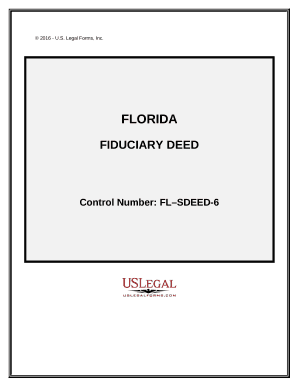

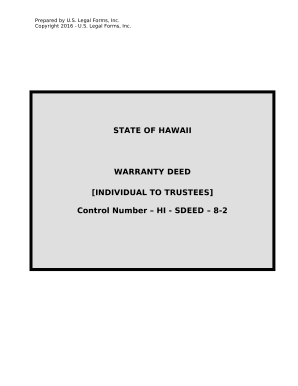
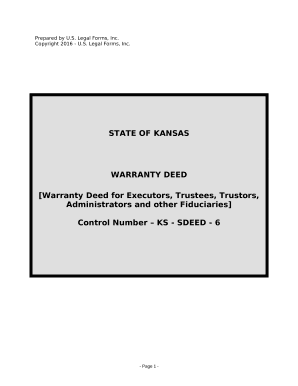

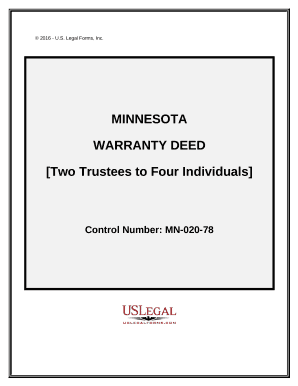
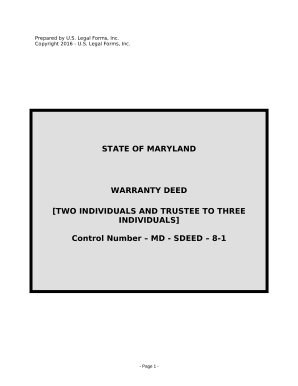
Document administration can overwhelm you when you can’t find all the documents you need. Fortunately, with DocHub's vast form categories, you can find all you need and easily manage it without the need of changing among software. Get our Trustees Deed Forms and start working with them.
The best way to manage our Trustees Deed Forms using these easy steps:
Try out DocHub and browse our Trustees Deed Forms category easily. Get a free profile right now!